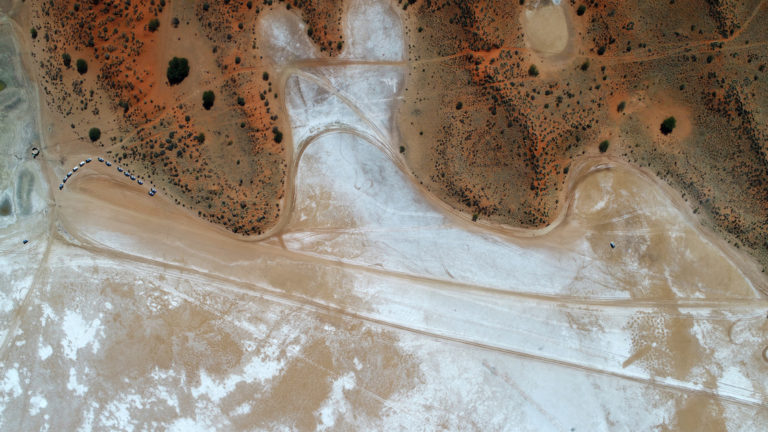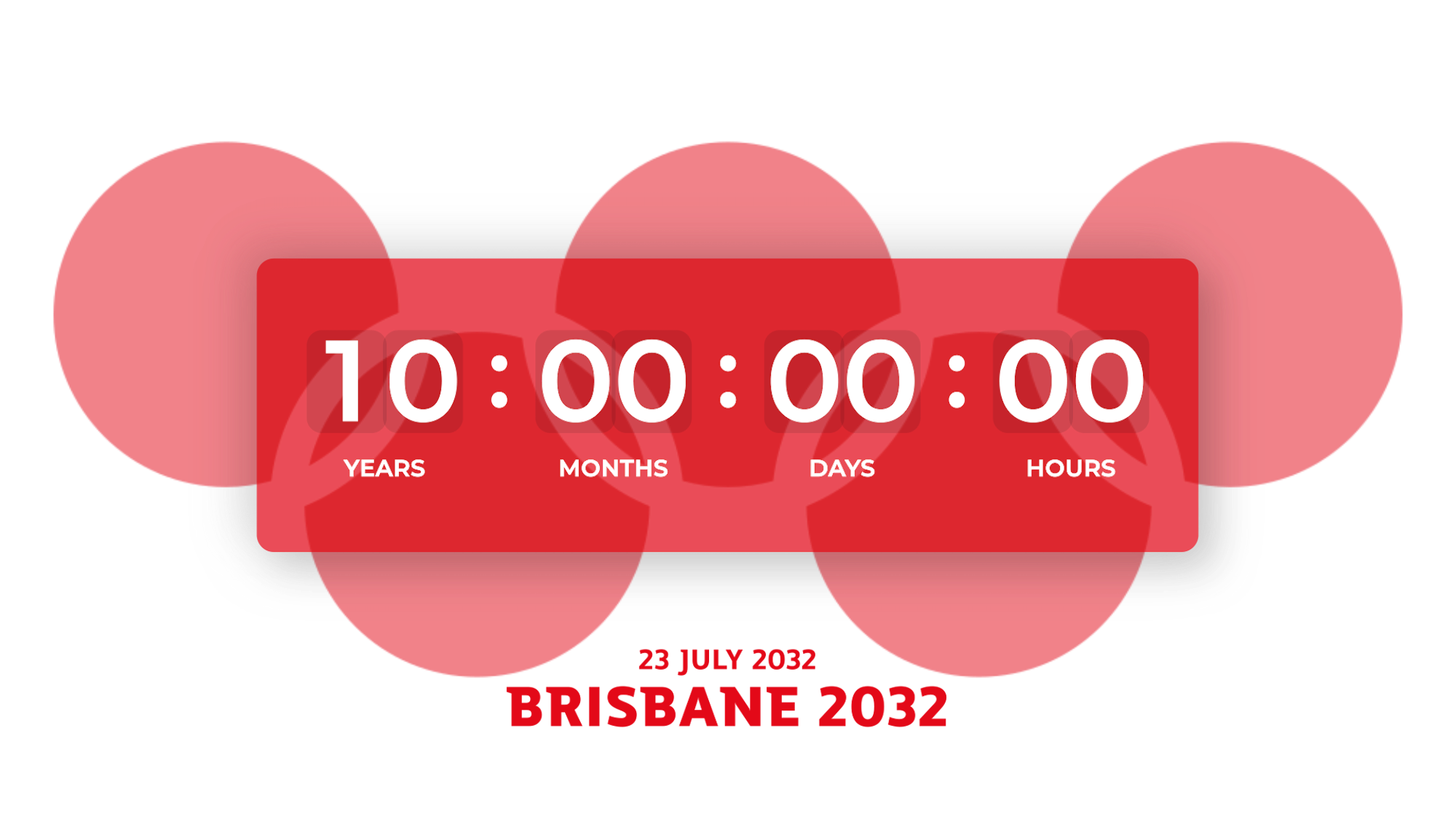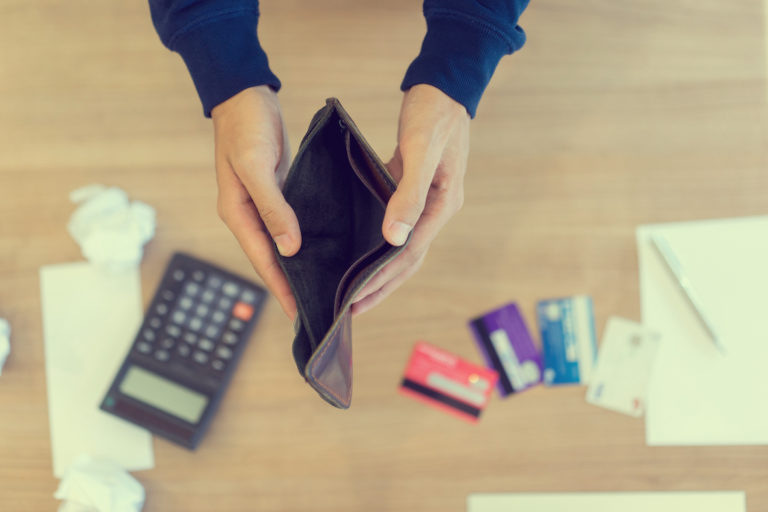
How did climate change impact early humans?
Climate change is one of the most pressing issues of our time. It’s also one of the most complex, and scientists are still learning new things about it all the time. One thing that is becoming increasingly clear, however, is that climate change impacts humans and the way we live. This is true today, as it was in the past.
However, a key question remains. How did climate change impact early humans?



 Dr Caroline Riot
Dr Caroline Riot
